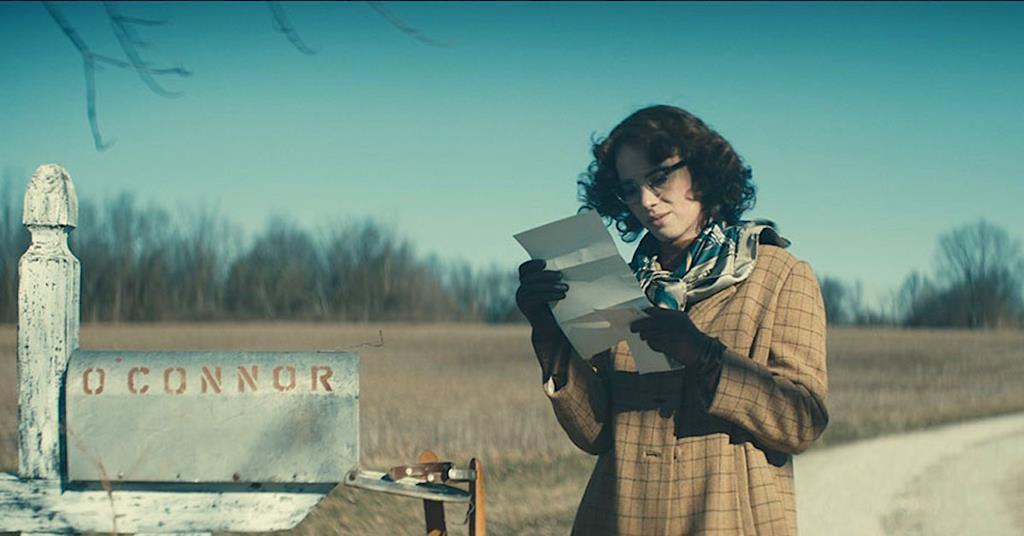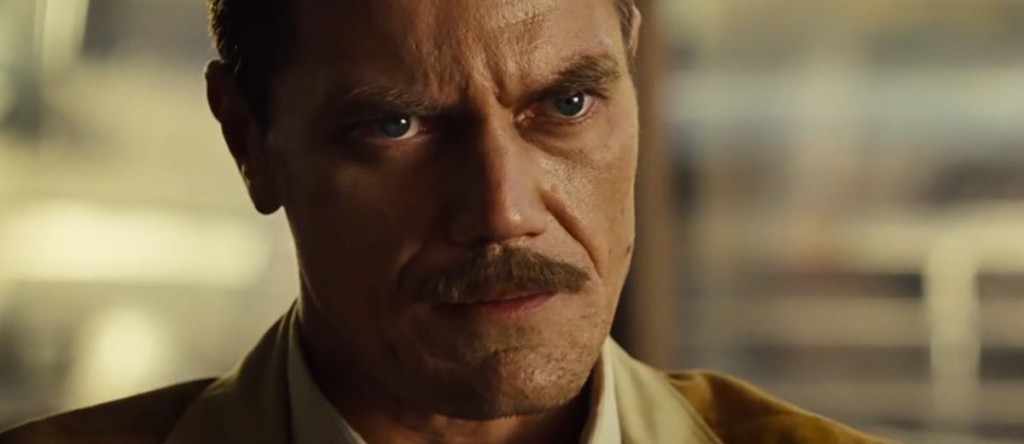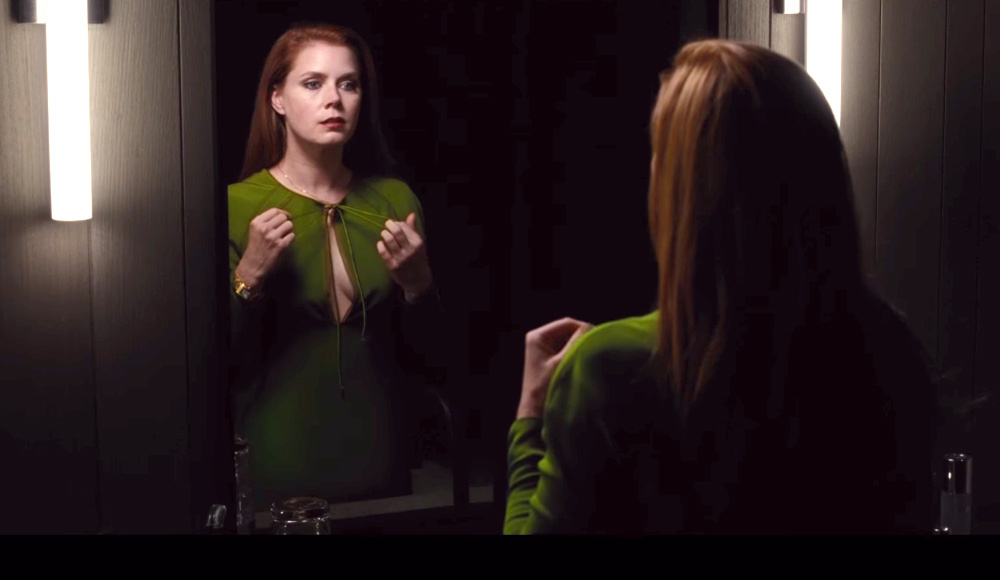
Wildcat braids together the sad life of writer Flannery O’Connor (Maya Hawke) with several of her iconoclastic stories. Director Ethan Hawke starts Wildcat with a faux trailer for a lurid movie based on O’Connor’s short story The Comforts of Home. Then he depicts O’Connor thinking up one of her stories and then suddenly shifts from O’Connor’s real life by bringing an O’Connor story to life. Maya Hawke and Laura Linney, who also plays Flannery’s mother Regina, play various fictional characters in the O’Connor stories.
O’Connor herself described writing, not as an escape, but as a “plunge into reality”, a reality many would prefer not to face.
Flannery was trapped in a cultural wasteland where no one understood her work (Milledgeville, Georgia), trapped in the body of an invalid (lupus) and trapped in profound loneliness. Flannery took herself and everything so seriously and made no concession to the social niceties. At a cocktail party, Flannery could be an epic Debbie Downer. Flannery’s mother (Laura Linney) – so often wrongheaded – is absolutely correct when she suggests, “you might want to consider being a little more friendly “.
Wildcat is a showcase for Maya Hawke’s chameleonic performance as Flannery and as several of O’Connor’s fictional characters. Laura Linney is brilliant, too, both as Flannery’s mother and as several characters in O’Connor short stories (and is unrecognizable in the first vignette).
Poor Liam Neeson – he’s a fine actor who has become so iconic a movie star that, when he appears here as an Irish priest, you can’t help crying, “Hey – that’s Liam Neeson”.
Here’s my bottom line on Wildcat. Ethan Hawke’s direction is imaginative. Maya Hawke’s and Laura Linney’s acting are superb. The core story is one of an unhappy and often unpleasant person. Wanna sign up for this?
We revel in the art produced by the anguished artist, but would not enjoy being in the company of said artist and her anguish. The best parts of Wildcat are the staging of O’Connor stories. The least enjoyable are the scenes with O’Connor herself.


